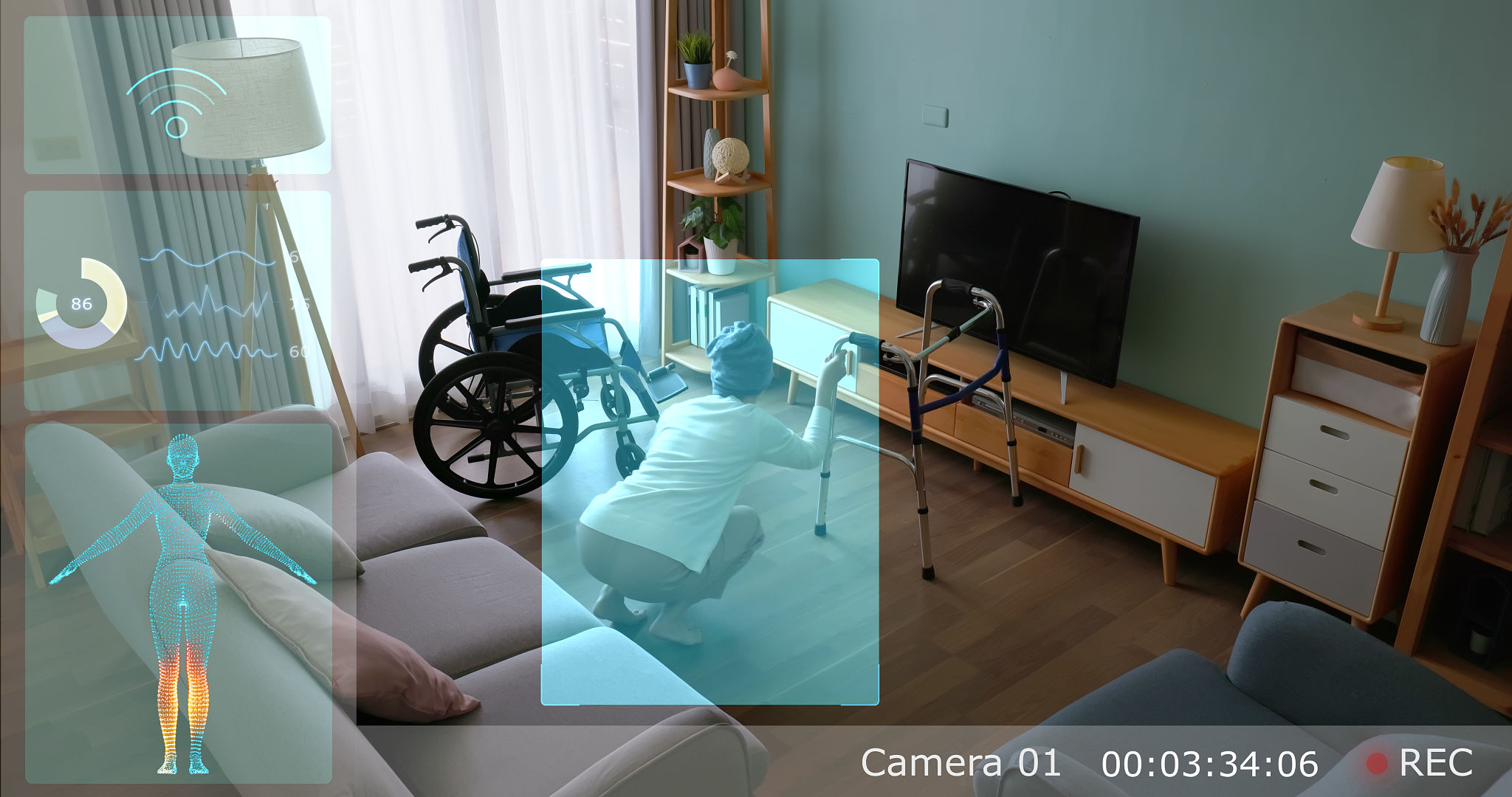Understanding Innovative Wellness Platforms: A Deep Dive into Digital Health Solutions
The Rise of Digital Health Solutions
In recent years, the landscape of healthcare has been transformed by the advent of innovative wellness platforms. These digital health solutions are designed to make healthcare more accessible, efficient, and personalized. As technology continues to advance, more individuals are turning to digital platforms for their health and wellness needs.
Digital health solutions encompass a wide range of applications, from telemedicine and wearable devices to mobile health apps and virtual care platforms. These technologies are not only reshaping the way we approach healthcare but are also empowering patients to take control of their own health.

The Key Components of Wellness Platforms
Innovative wellness platforms typically integrate several key components to provide a comprehensive health solution. These components can include:
- Telemedicine Services: Allowing patients to consult with healthcare professionals remotely through video calls or messaging.
- Wearable Devices: Tracking vital signs and physical activity to provide real-time health data.
- Health Apps: Offering personalized health tips, medication reminders, and wellness tracking.
These elements work together to create a seamless user experience, making it easier for individuals to manage their health on a day-to-day basis.

Benefits of Digital Health Solutions
The benefits of adopting digital health solutions are numerous. For one, they offer unparalleled convenience. Patients can access healthcare services from the comfort of their own homes, reducing the need for in-person visits.
Additionally, these platforms often provide more personalized care. By analyzing data collected through various devices and apps, healthcare providers can tailor their recommendations and treatments to the specific needs of each patient.
Improved Access and Engagement
One of the most significant advantages of digital wellness platforms is improved access to healthcare services. Individuals in remote or underserved areas can connect with healthcare professionals without having to travel long distances.
Moreover, digital platforms encourage greater patient engagement. Features like gamification and social sharing motivate users to stay active and committed to their health goals.

The Challenges Ahead
Despite the promising potential of digital health solutions, there are challenges that need to be addressed. Privacy and security concerns remain a top priority, as sensitive health data must be protected from unauthorized access.
Furthermore, there is a need for better integration of these platforms with existing healthcare systems. Ensuring that digital solutions are compatible with traditional healthcare infrastructure will be crucial for their widespread adoption.
The Future of Digital Health
Looking ahead, the future of digital health is bright. As technology continues to evolve, so too will the capabilities of wellness platforms. We can expect even more sophisticated tools that offer deeper insights into individual health patterns and conditions.
Ultimately, the goal is to create a healthcare ecosystem that is not only more efficient but also more inclusive and patient-centered. By embracing these innovative solutions, we can pave the way for a healthier future for all.
